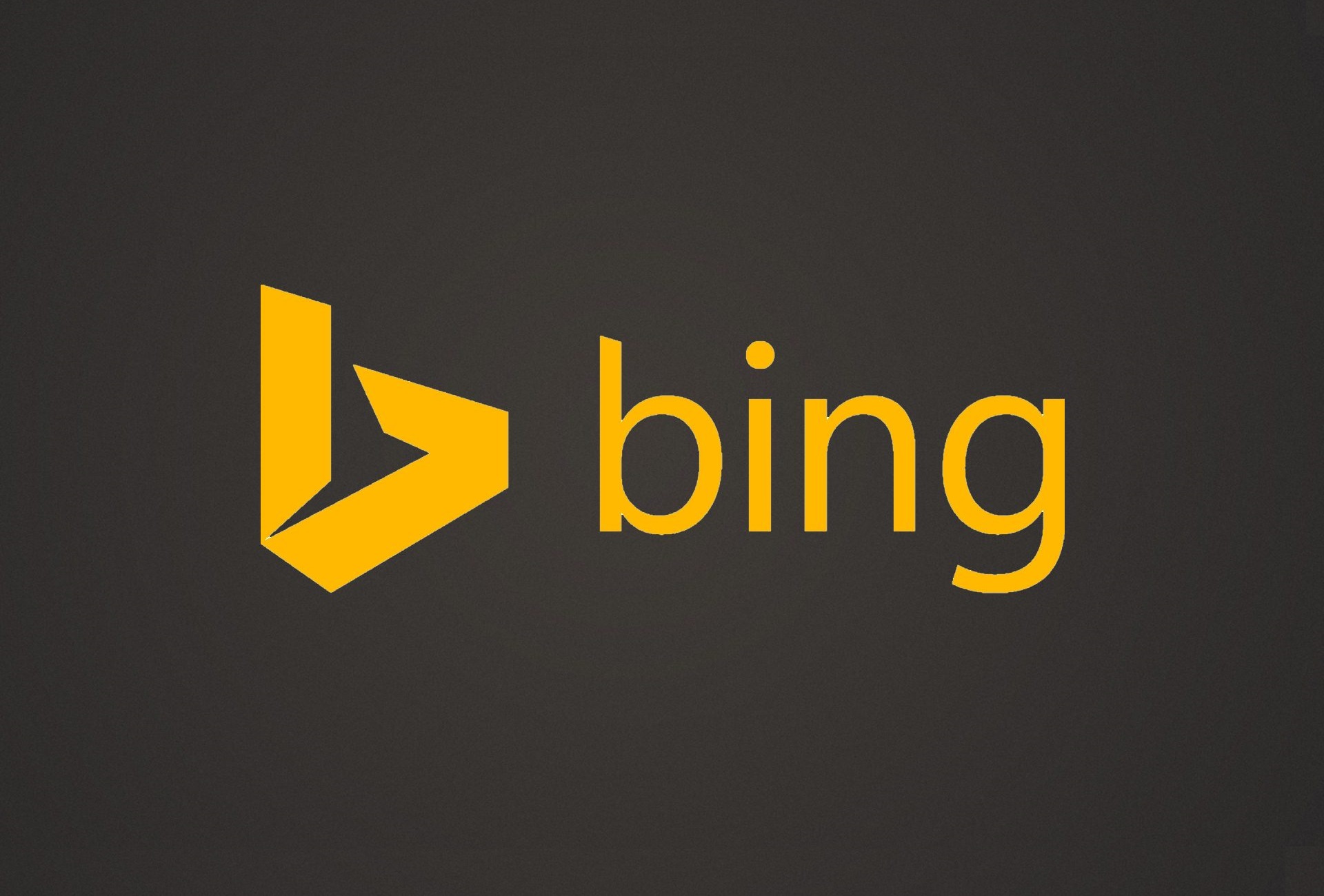

Microsoft’s Bing has started taking down search result links if requested by its European users, in order to comply with the regulation popularly known as “the right to be forgotten”.
The company follows Google, which introduced a similar mechanism in May, receiving 12,000 requests in the first day alone.
The ‘Right to be Forgotten’ was originally proposed in 2012 as part of the Data Protection Regulation, a document which sets out measures for protection of personally identifiable information in the EU.
In the wake of the decision, Google introduced an online form for people who want to remove search results about themselves and now Microsoft has done the same.
The short form asks users to verify their identity by sending in a document which mentions their name and the country of residence. It then asks them to describe which resources they want blocked, and for what reason.
Microsoft also wants to know whether the submitter is a public figure – a celebrity or a politician – or works in a role that involves leadership, trust or safety – for example, a teacher or a doctor. These questions are designed to help decide whether there’s a good reason for a particular piece of information to remain online.
“We will use the information that you provide to evaluate your request. We may also consider other sources of information beyond this form to verify or supplement the information you provide,” states the request form.
“This information will help us to consider the balance between your individual privacy interest and the public interest in protecting free expression and the free availability of information, consistent with European law. As a result, making a request does not guarantee that a particular search result will be blocked.”
Since the May ruling leaves many questions unanswered, Microsoft reserves the right to change the form and the related processes. It also warns that all submissions may be re-evaluated over time.
It is worth remembering that even when a request is successful, the search results will be removed in the EU but will remain accessible in the US and other parts of the world.
What do you know about crime and punishment in the digital age? Take our quiz!
Head of artificial intelligence research at Meta Platforms has announced she is leaving the social…
No decision yet, after media reports CK Hutchison was to spin off its global telecom…
Ahead of 5 April deadline, Trump is to hold White House meeting over possible investors…
Apple fined 150m euros over App Tracking Transparency feature that it says abuses Apple's market…
OpenAI to release customisable open-weight model in coming months as it faces pressure from open-source…
Samsung's Bespoke AI-powered fridge monitors food to create shopping lists, displays TikTok videos, locates misplaced…